About the Event
After China lifted the Covid-19 lockdowns, many people expected a rebound in the Chinese economy. However, that has not materialized yet and there are concerns that the current slowdown will last for some period of time.
Will the world’s second-largest economy and a critical part of global trade and manufacturing rebound with a strong manufacturing cost position, large investments in technology and the advanced education of millions of students, a potential surge in consumer spending, and continued investments in infrastructure by the government? Or, will high levels of debt, an overbuilt real estate sector, increasing government controls of the economy and technology, a shrinking population, and growing dissatisfaction on the part of those in the 18 to 30 year age bracket stifle growth on a long-term basis?
The answer to this question is critical not only to China, but to the global economy because of the complex and myriad links between the Chinese economy and the rest of the world. On Thursday, November 16, from 5:00 pm to 6:15 pm Eastern Time, Committee of 100 hosted a public forum debate with three leading experts to shed light on this important topic, followed by a 15-minute Q&A session from the audience.
Professor Shang-Jin Wei of Columbia University argued the “temporary” point of view, Professor Stephen Roach of Yale University argued the “it depends” point of view, and Dan H. Rosen of Rhodium argued the “permanent” point of view. The debate was moderated by Peter Young, a Committee of 100 member and CEO of Young & Partners.
Throughout the event, there was an interactive component where attendees were able to vote. Prior to the debate, attendees indicated their initial position on the issue via a voting mechanism. Then, after the debate has concluded, they indicated their position once again, showing how the debaters have influenced the audiences’ original positions. Attendees also had the opportunity to cast their votes for the speaker they consider to be the “best debater.”
This is a hybrid event. You can choose to attend in person at the Jay Conference Bryant Park (109 W 39th St, New York, NY 10018) or virtually via Zoom. Capacity is limited for in-person attendance.
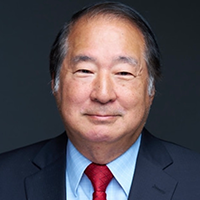
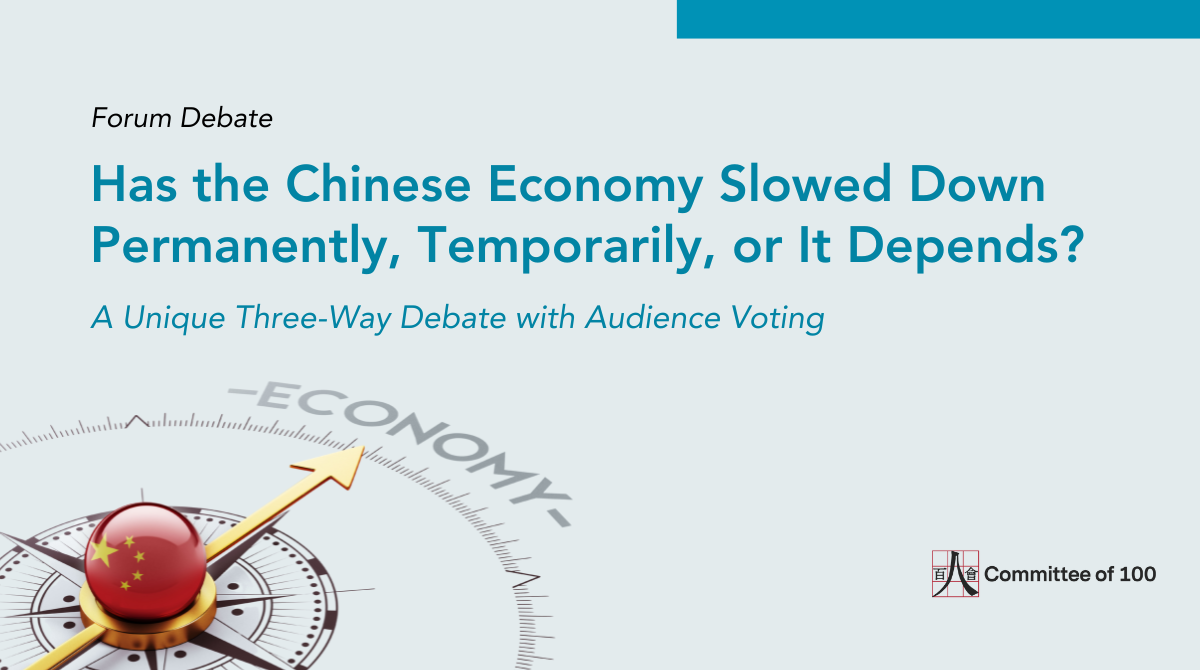
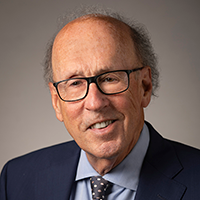
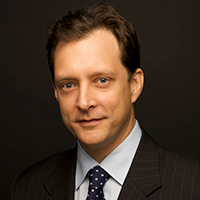
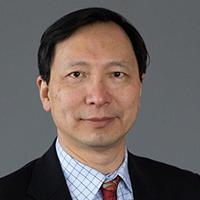
Dr. Stephen Roach has been a member of the Yale faculty since 2010. He was the first senior fellow to join the faculty of Yale University’s Jackson Institute of Global Affairs at its inception in 2010 and remained in that capacity until 2022; over that period, he was also a Senior Lecturer at Yale’s School of Management. He joined Yale Law School’s Paul Tsai China Center in 2022. He was formerly Chairman of Morgan Stanley Asia and the firm’s Chief Economist for the bulk of his 30-year career at Morgan Stanley.
A rare combination of thought leadership on Wall Street and academia places Dr. Roach in a unique position as a leading practitioner of analytical macroeconomics. At Yale, he introduced new courses for undergraduates and graduate students on “The Next China” and “The Lessons of Japan.” Dr. Roach’s current research program focuses on the impacts of the conflict-prone U.S.-China relationship on the broader global economy.
His latest book, Accidental Conflict: America, China, and the Clash of False Narratives (Yale University Press, 2022) examines the ominous trajectory of conflict escalation between the United States and China and provides a unique roadmap for conflict resolution. His 2014 book, Unbalanced: The Codependency of America and China explored the risks and opportunities of the world’s most important economic relationship of the 21st century.
Prior to joining Morgan Stanley in 1982, Dr. Roach served on the research staff of the Federal Reserve Board and was also a research fellow at the Brookings Institution. He holds a Ph.D. in economics from New York University.
Dr. Roach is a member of the Council on Foreign Relations, the Investment Committee of the Metropolitan Museum of Art, the Economics Advisory Board of the University of Wisconsin, and the Advisory Board of NYU’s Graduate School of Arts and Sciences.